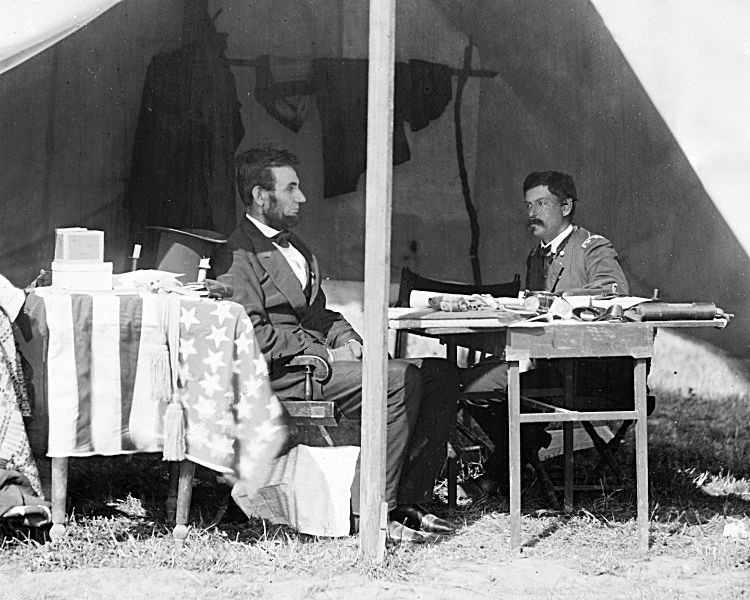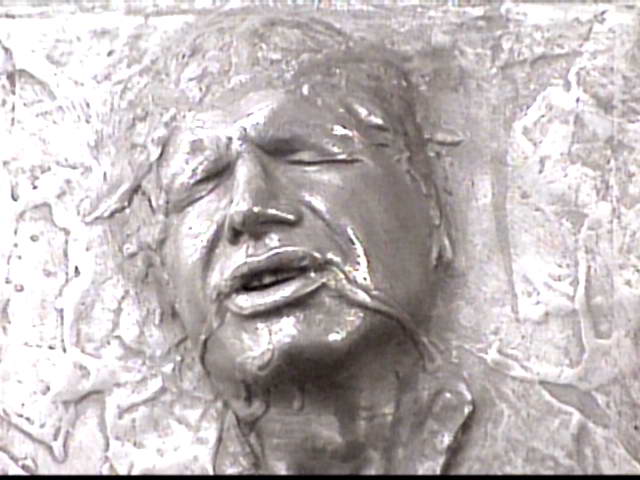Multiple mini-interviews are all the rage these days among U.S. medical schools. Most Canadian schools already follow it, and last year UCLA, Stanford, UC Davis and a couple other places followed suit.
The concept is simple: there are 8-10 interview stations, each with a different question designated to it. Applicants are typically given 2 minutes to read the question at the station and then give a well though out answer for about 8 minutes to the interviewer at that station. After time's up, they rotate to the next station. The entire thing lasts about two hours. Questions mostly deal with ethical and moral quandaries one is expected to face as a physician.
The traditional interview format consists of one-on-one sit down interviews with faculty and/or current medical students (most schools do a combination of both).
Proponents think MMI is better because of two reasons:
1. It eliminates the subjectivity of the personal interview. At the end of each MMI session, each interviewer gives a score to each applicant. Since there are 8-10 stations, you now have that many scores for each applicant. These scores can now be compiled to create a list of the best applicants. Since multiple people are evaluating the applicant (as opposed to just one interviewer in the traditional format), subjectivity can be reduced.
2. The spontaneity cultivated by MMI will help "reveal" the true applicant and thus will help schools weed out poor applicants or posers. Each applicant at these interviews is made to sign a confidentiality form agreeing not to reveal any question to other applicants. In theory, this can prevent people from rehearsing questions beforehand. But just to be on the safe side, most schools also have two (or more) sets of slightly different questions they use each time.
The New York Times, in its curious, undying quest to define and implement the concept of the perfect doctor, latched onto this concept and did a lengthy article espousing its benefits. You can read the whole article
here (provided you haven't run out of your 20 free articles a month quota or your subscription hasn't expired), but I will be quoting extensively in this post regardless.
First, let's let the good Times define what's at stake:
"Doctors save lives, but they can sometimes be insufferable know-it-alls who bully nurses and do not listen to patients."
Fair enough, but somehow the Times got
this from the above:
"Even more dangerous is when poor communication becomes so endemic that the wrong operations are performed. A
2002 study published in The Annals of Internal Medicine of one such incident found that the patient, doctors and nurses went along with the mistaken treatment because they were used to being kept in the dark about medical procedures. A
survey by the Joint Commission, a hospital accreditation group, found communication woes to be among the leading causes of medical errors, which cause as many as
98,000 deaths each year."
Whoa whoa whoa. I read the actual survey, and it cites "Communication" as a problem. Now that's a pretty broad term and it could include a lot of things, and I don't think the MMI alone is going to solve this problem.
But leave it up to the Times to tout this as the wunderdrug:
"The new process has enormous consequences not only for the lives of the applicants but, its backers hope, also for the entire health care system."
Look, let's not get ahead of ourselves, okay? I did two of these interviews last year, and I really
really liked the format. It is very refreshing and unique. It definitely has its advantages over the traditional system. The pressure of coming up with a coherent response in a span of two minutes was very invigorating and it certainly helped polish my conversational skills. But to brand this format as the cure for all ills is a massive exaggeration at the very least, and a criminal lie at the worst.
For one, this system is not as fool-proof as the proponents make it out to be. It's kinda easy to fake being personable and all mushy-wushy when you have to do that for only 8 minutes. Furthermore, who is to say that personable people right now won't devolve into jackasses seven years from now, when they are attendings?
At a more fundamental level, I don't think bedside manner is as big of a handicap that can't be overcome . The Times has a new trend where it likes to create a straw man - arrogant doctor with no social skills and all the technical skills - and bash this to the ground. In reality, this is never the case (unless you are on TV and your name is Gregory House). Not everyone is outgoing and has the same level of rapport with everyone. But it is relatively easy to develop patient interaction skills through medical school. Of course, sociopaths must be weeded out but to predict someone's bedside mien seven years down the line based on a two-hour interview session as a pre-medical student is a gross mistake.
Just so you guys don't think I am all against this format, let me say that the spontaneity inherent in MMI is definitely worth it. The questions are thought-provoking and address real issues that physicians face once in practice.
Bottom line: It's a cute new format (at least for the U.S.), and I wouldn't mind if all schools adopted it. Use it to select students, but don't let it be known as the solution to communication and management woes down the line. Those issues are grave and likely have their own complex causes that are unlikely to be solved by a two-hour ethics-spouting session.
Is it the new penicillin? A big fat no from me. It's just a good interview format that probably has two or three advantages over traditional interviews.






